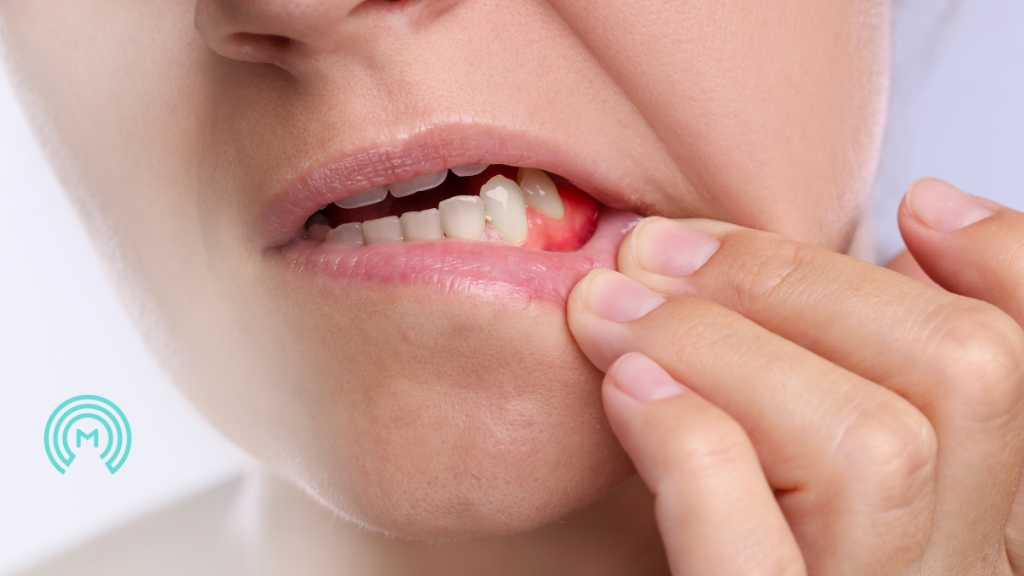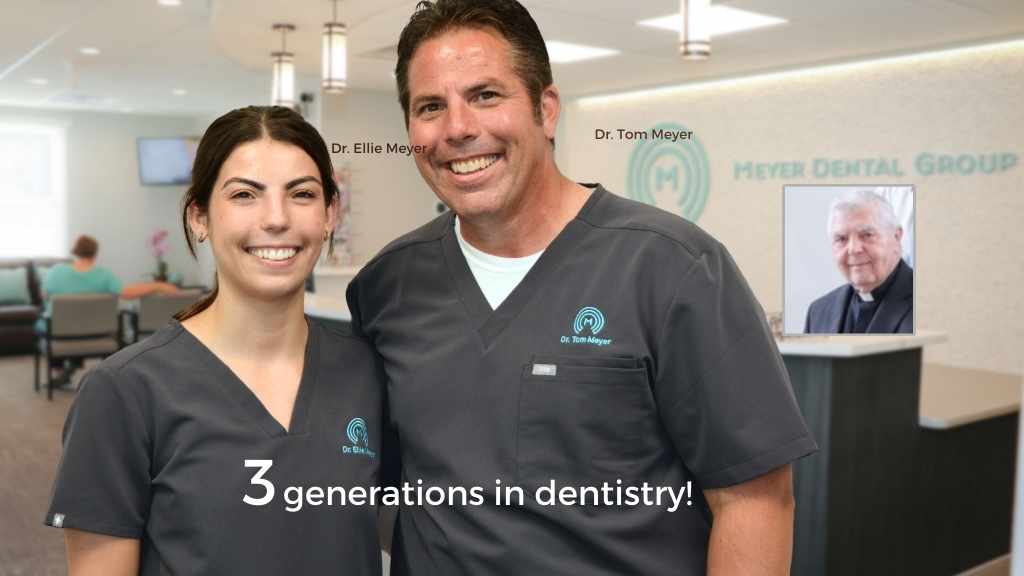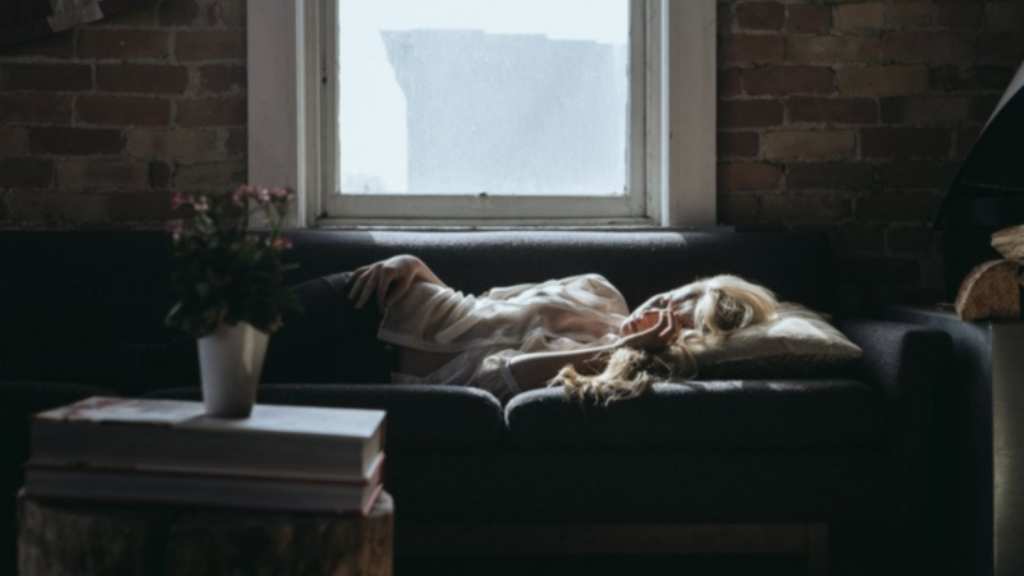
Do you find yourself waking up multiple times throughout the night—jolted awake by your own snoring? Perhaps your partner has begrudgingly moved to another bedroom just to get away from your nightly sawing away.
Whatever your situation, if you are a snorer, don’t overlook it as a simple inconvenience. Snoring can be caused by a serious, and potentially fatal condition known as sleep apnea. A few simple lifestyle changes in conjunction to your treatment with a sleep apnea dentist like me can remedy your situation.
What is sleep apnea?
Over ten percent of all US adult men experience moderate to severe disorders in sleep breathing patterns. This usually manifests itself by nasty bouts of snoring. Commonly referred to as sleep apnea, incidences of this condition, unfortunately, are on the rise. This is largely due to an increase in obesity and generally unhealthy lifestyles.
Sleep apnea isn’t just about not getting quality sleep
Of course, you’ll be a bit cranky the morning after a poor night’s sleep, but the damage to your health extends way beyond the missed hours of sleep. The disorder increases the risk of other chronic health conditions like:
• cognitive dysfunction
• high blood pressure
• abnormalities in glucose metabolism
• depression and anxiety
• increase risk of death and reduce your quality of life.
In fact, cardiovascular disease is about twice as likely in people suffering from disruptive sleep apnea.
This condition is caused by a blockage of the airway during sleep. This typically happens when both the tongue and soft palate of the mouth collapse against the back of the throat. This prohibits any air from reaching the lungs, and can limit breathing ability in sleeping sufferers. Apnea is characterized by a delay in breathing for at least ten seconds, of fifteen episodes or more per hour.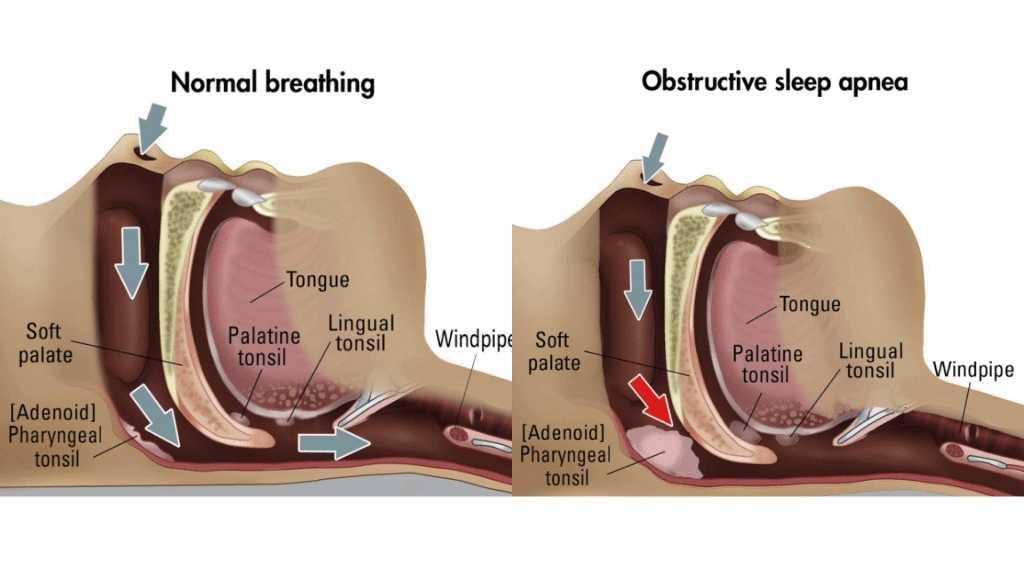
As a result, individuals suffering from sleep apnea cannot complete a satisfactory sleep cycle throughout the night. They are constantly awakened by their body’s automatic response system telling them that they are suffocating. Although these nightly wake-ups may not always be remembered the next morning, the body experiences fatigue by constant daytime sleepiness and other aforementioned medical conditions.
We believe… that lifestyle modifications can help treat your sleep apnea and snoring
If you suffer from sleep apnea and are a heavy snorer as a result, there are probably many lifestyle changes you should incorporate into your daily routine, in addition to treatment.
1. Weight Loss
Obesity is a common underlying factor in many sleep apnea patients. There is a 40% likelihood that an obese man (with a BMI of over 40 kg) will develop sleep apnea.
In fact, 60% of patients treated for sleep apnea are overweight or obese. Although the list of proven sleep apnea remedies include bariatric surgery, the first two lines of defense against sleep apnea would be maintaining a nutritious diet and regular exercise. This not only helps treat sleep apnea, but also related afflictions such as heart disease and diabetes.
2. Learn to breathe through your nose instead of your mouth
There are other options you can explore in treating or preventing sleep apnea. Learn to breathe through your nose instead of your mouth.
3. Visit an ENT specialist
Visit an Ear, Nose, and Throat Specialist to determine whether any unnatural nasal obstructions exist.
4. Avoid drinking and sleeping pills
Avoid alcohol, cigarettes, and sedatives, including sleeping pills since these can all increase your likelihood of developing or worsening sleep apnea.
5. Try CPAP Therapy
CPAP (continuous positive airway pressure) therapy can also be used. It involves the use of a machinated fan that blows pressurized air into the airway and mouth of the patient.
Unfortunately, CPAP has some unpleasant side effects. These include congestion, claustrophobia, skin abrasions, and pink eye. As a result, many users stop using CPAP machines over time, making them a costly, and often ineffective, long-term solution.BOOK NOWWe believe that today’s dentistry should be clear, effective, and healthy.25+ Years
ExperienceCertified
DDS, MICCMO2500+
Happy PatientsMEET DR. TOM MEYER
A FURTHER GREAT OPTION: How an oral sleep appliance provides relief from snoring
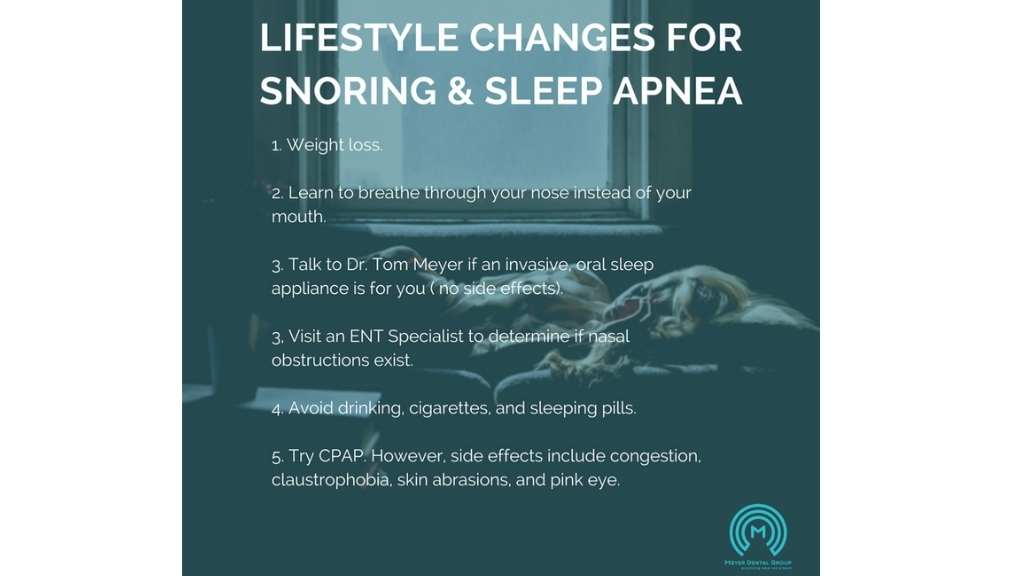
Oral sleep appliances are custom-fitted for sleep apnea patients who cannot tolerate the CPAP therapy. Similar to a mouthguard, oral appliances can help move the jawbone and tongue forward, preventing the tongue from collapsing on the back of the throat.
They are specially fitted for your mouth and must be custom-made. Although they require nightly diligence on the part of the user in actually remembering to wear them, they present no adverse side effects and can be used long term.
Consider using an oral sleep appliance as one of your lifestyle changes for snoring
Talk to Us!
Don’t delay sleep apnea treatment and consider using an oral sleep appliance so you can finally enjoy quality sleep.
Dr.Thomas Meyer, DDS, MICCMO – Dentist Mount Prospect
Call the Meyer Dental Group at 847-827-6290 to schedule a sleep apnea consultation today.

